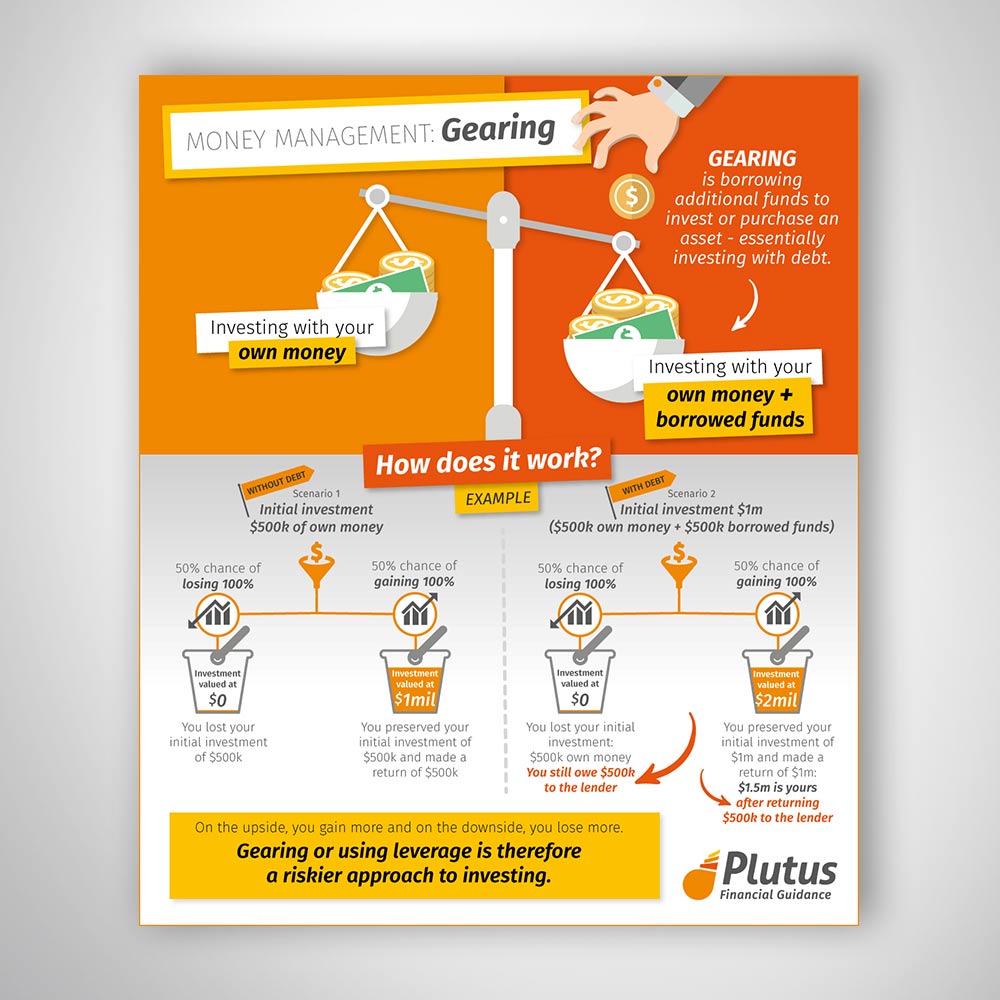Understanding Surety Contract Bonds: What You Required To Know
Understanding Surety Contract Bonds: What You Required To Know
Blog Article
Material Develop By-Hammond Borch
You think you've got contracts all figured out, yet have you ever before became aware of guaranty agreement bonds? Suggested Web page load a strike when it pertains to protecting your passions.
In this article, we'll break down every little thing you require to know about understanding guaranty agreement bonds. From their function to the various kinds readily available, we've got you covered.
Get ready to dive deep right into the globe of surety contract bonds and come to be an agreement pro quickly.
The Function of Guaranty Agreement Bonds
To completely understand the function of guaranty agreement bonds, you need to understand that they offer financial defense to the obligee in case the primary falls short to meet their legal obligations.
Surety contract bonds serve as a guarantee, guaranteeing that the obligee will certainly be compensated if the principal is incapable to finish the agreed-upon job or accomplish their responsibilities. This sort of bond is frequently used in building projects, where there's a threat of the specialist defaulting or falling short to meet the project requirements.
By requiring a surety contract bond, the obligee can have satisfaction recognizing that they'll not endure financial loss if the primary fails to deliver.
Essentially, guaranty contract bonds serve as a safeguard, safeguarding the passions of the obligee and guaranteeing that legal obligations are met.
Types of Guaranty Contract Bonds
There are several various types of guaranty agreement bonds, and it is essential for you to recognize each one to establish which is most ideal for your certain needs.
The very first type is the proposal bond, which assures that if you win a contract, you'll enter into the agreement and provide the called for performance and settlement bonds.
The second kind is the efficiency bond, which guarantees that you'll complete the job according to the regards to the agreement.
The 3rd kind is the repayment bond, which ensures that you'll pay all subcontractors, workers, and vendors involved in the task.
Lastly, there's the maintenance bond, which offers security against flaws in craftsmanship or materials after the project is completed.
Understanding these various sorts of guaranty agreement bonds will certainly help you pick the best one for your certain circumstance.
Key Parties Associated With Guaranty Agreement Bonds
You should comprehend that a vital party associated with guaranty contract bonds is the principal, that's the celebration that's obligated to fulfill the regards to the contract. The principal is typically the contractor or the party that's carrying out the building and construction task.
One more important event is the obligee, who's the entity that calls for the bond to ensure that the contract is met. The obligee is normally the task owner or the customer.
Last but not least, there's the surety, that's the celebration that gives the bond and ensures the principal's performance. The surety is normally an insurance company or a banks.
https://how-to-start-a-small-onli94948.blogolenta.com/28095305/how-surety-bonding-business-influence-the-construction-market interact to guarantee that the regards to the contract are fulfilled and that the job is completed effectively.
Verdict
So there you have it - currently you recognize the ins and outs of surety agreement bonds. From the different kinds readily available to the essential parties included, you're geared up with the understanding to browse this complicated world.
Keep in mind, whether you're a service provider or a job owner, having a solid understanding of surety contract bonds is vital for an effective project.
So don't allow this essential element of building and construction catch you unsuspecting - be prepared and guarantee your task's success with surety agreement bonds.
